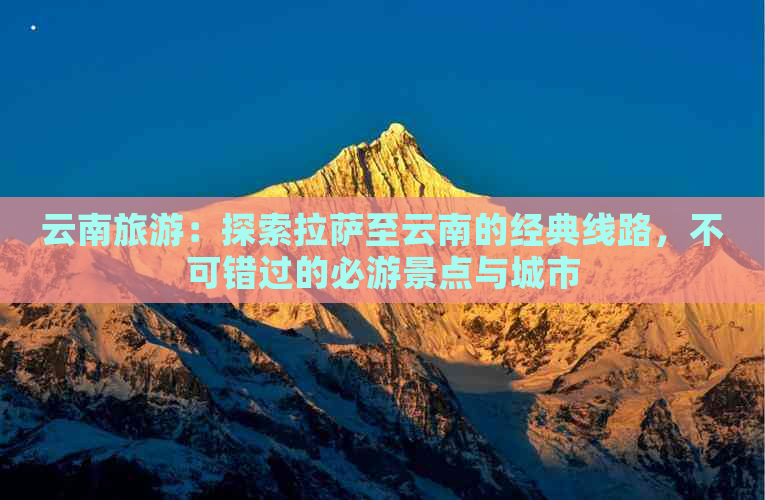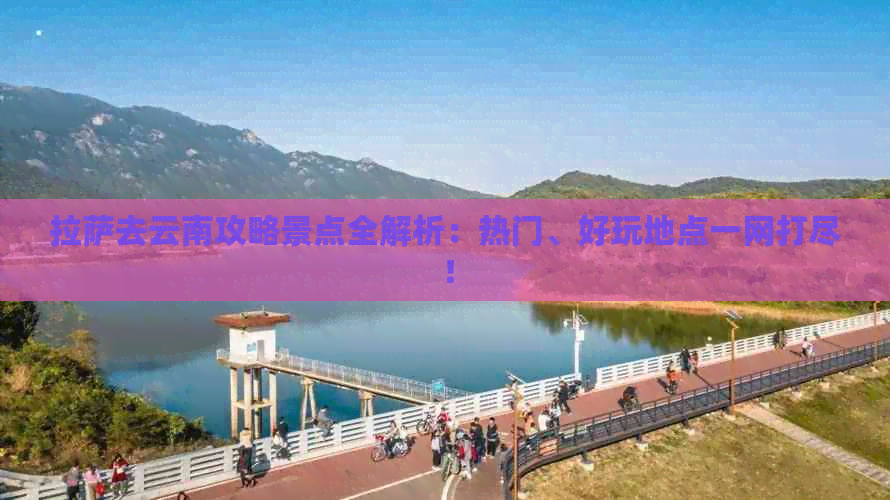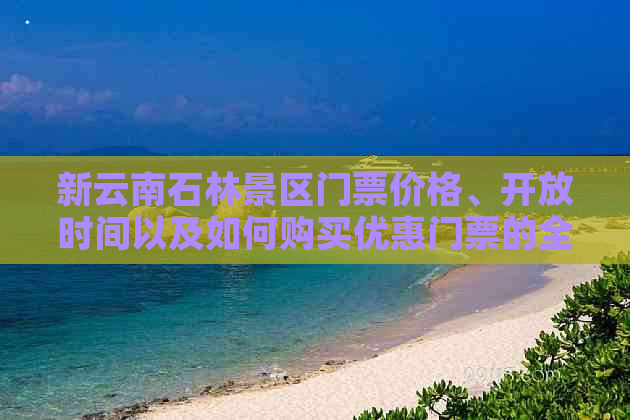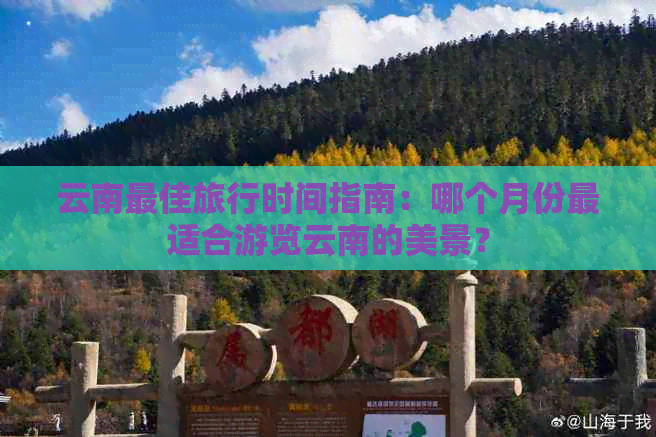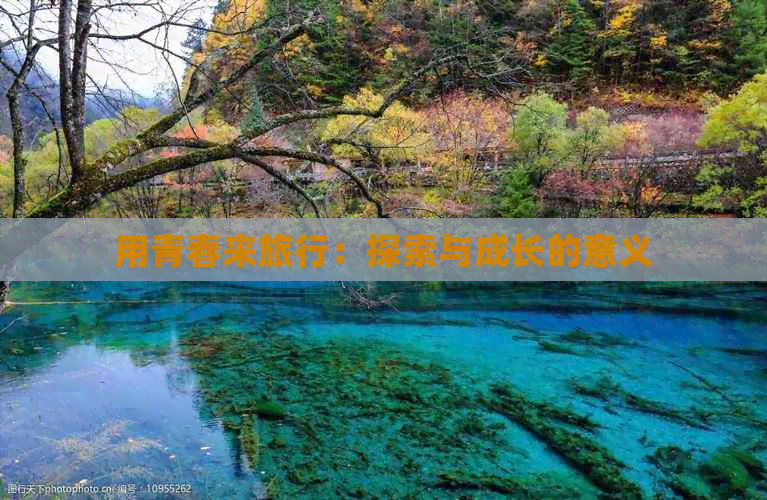When is the off-season for traveling to Yunnan?
When is the Off-Season for Traveling to Yunnan?
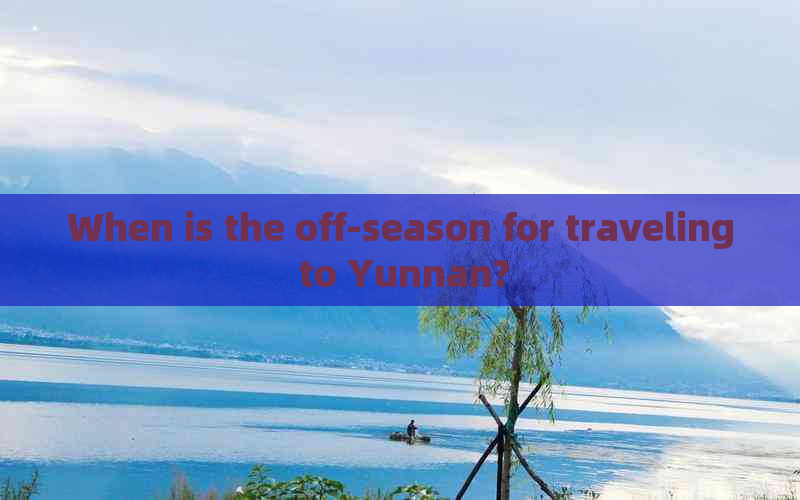
1. Introduction
Yunnan, a province located in the southwestern part of China, is renowned for its diverse landscapes, rich cultural heritage, and unique biodiversity. It is a popular destination for tourists throughout the year. However, understanding when the off-season occurs can help travelers plan their trips more efficiently and enjoy the region without the crowds. This article explores the off-season for traveling to Yunnan, utilizing various phrases from the provided corpus as a guide.
2. Understanding the旅游淡季 (Off-Season) in Yunnan
The term off-season refers to a period when tourist activity is significantly lower than during peak seasons. For Yunnan, the off-season typically occurs during the following periods:
3. The Post-Season (October to November)
One of the best times to visit Yunnan during the off-season is from October to November. After the peak tourist season of the summer months, the weather in Yunnan becomes cooler and more comfortable. This period is known as the post-season, and it offers several advantages:
- Reduced Crowds: As the summer rush subsides, you will find fewer tourists in popular attractions like Dali, Lijiang, and Shangri-La.
- Better Prices: Accommodations and flights are often cheaper during this time, allowing you to save money on your trip.
- Beautiful Scenery: The autumn foliage adds a vibrant touch to the landscapes, making it a picturesque time to explore the region.
4. The Winter Season (December to February)
Another off-season period in Yunnan is the winter season, from December to February. While it may be colder, especially in higher-altitude areas, there are still compelling reasons to visit:
- Festivals and Events: Yunnan hosts several festivals during this period, such as the Lijiang Snow Mountn Music Festival and the Shangri-La White Horse Snow Festival, offering unique cultural experiences.
- Quiet Exploration: The lower tourist traffic allows for a more tranquil and immersive experience, particularly in the ancient towns and natural parks.
- Budget-Friendly: Similar to the post-season, winter travel in Yunnan is generally more budget-friendly, with lower prices for accommodations and transportation.
5. The Pre-Season (March to May)
The pre-season, from March to May, is another off-peak period to consider. During this time, the weather is mild, and the natural landscapes are in full bloom:
- Spring Flowers: Yunnan's flower season is in full swing, making it a perfect time for nature lovers and photographers.
- Cultural Events: There are several cultural events and festivals, such as the傣族泼水节 (B People's Torch Festival), which offer a rich cultural experience.
- Lower Prices: Like the other off-season periods, the pre-season offers better deals on accommodations and travel expenses.
6. Factors Influencing the Off-Season
Several factors contribute to the off-season in Yunnan:
6.1. Weather Conditions
The weather plays a significant role in determining tourist activity. Yunnan experiences a diverse range of climates, from tropical to alpine, which affects when the off-season occurs in different parts of the province.
6.2. National Holidays
Chinese national holidays, such as the National Day Golden Week in October and the Spring Festival, can influence tourist numbers. These peak periods can make the surrounding weeks and months more off-season by comparison.
6.3. School Holidays
School holidays, especially the summer and winter breaks, can also impact the off-season. When students are on break, families are more likely to travel, increasing tourist activity.
7. Tips for Traveling During the Off-Season
To make the most of your trip to Yunnan during the off-season, consider the following tips:
- Book in Advance: While prices may be lower, it's still wise to book accommodations and flights in advance to secure the best deals.
- Layer Your Clothing: The weather can be unpredictable, so pack layers to accommodate changes in temperature.
- Visit Less-Known Attractions: Take advantage of the lower tourist traffic to explore less-known but equally beautiful destinations in Yunnan.
- Be Prepared for Festivals: If you plan to attend any festivals, research the event schedule and plan accordingly.
8. Conclusion
In conclusion, the off-season for traveling to Yunnan typically occurs during the post-season (October to November), the winter season (December to February), and the pre-season (March to May). Each period offers unique advantages, from reduced crowds to better prices and beautiful natural landscapes. By understanding when these off-season periods occur, travelers can plan their trips to Yunnan more effectively and enjoy a more serene and budget-friendly experience. Whether you're exploring ancient towns, marveling at the diverse flora, or immersing

